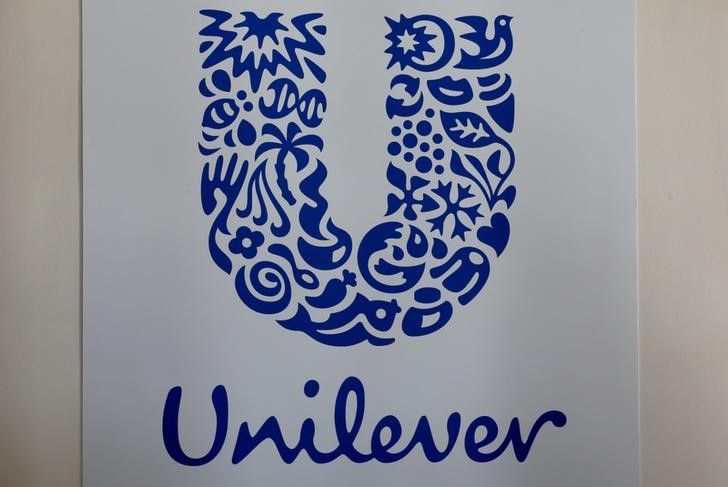This post was originally published on this site
https://i-invdn-com.investing.com/news/LYNXNPEC9C0HF_M.jpg
Investing.com — European stock markets were broadly higher on Monday, supported by action from the Chinese central bank to support a slowing economy.
The Chinese central bank cut its one-year loan rate for the first time in two years, a signal that it intends to put a safety net under an economy whose zero-Covid policy and real estate and financial sectors are under varying degrees of pressure.
Chinese fourth-quarter growth data released earlier were better than expected, but showed a sharp slowdown in retail sales growth in December as the northern hemisphere’s winter ushered in a fresh spate of local mobility restrictions. Many of Europe’s biggest consumer and industrial stocks depend to a large extent on the Chinese market for their profits.
By 5:45 AM ET (1045 GMT), the Euro Stoxx 600 index was up 0.5% at 483.58, while the German DAX index was up 0.3%, the U.K. FTSE 100 was up 0.6% and the French CAC 40 was up by 0.5%.
The two big outliers were in the Netherlands and Russia. The first suffered from a 6.8% drop in Unilever (NYSE:UL) stock, after the Anglo-Dutch consumer giant’s 50 billion pound ($68 billion) offer for GlaxoSmithKline’s consumer health business was rejected.
Investors expressed concern at the price, and the debt that would be needed to fund the acquisition. GSK stock soared 3.7% to a two-year high on confidence that the final valuation for the unit will be substantially higher than Unilever’s offer.
The Russian RTS Index, meanwhile, fell over 1% to a new seven-month low after more threats of military action against Ukraine by the Kremlin, after the breakdown of talks last week with the U.S. where Russia had sought assurances that its neighbor would never be allowed to join NATO.
The RTS has lost nearly one-quarter of its value since October against a backdrop of simultaneous diplomatic and economic pressure on Russia’s neighbors to neutralize the supposed threat from Ukraine and start the flow of gas through a new pipeline to Germany. Germany’s new Foreign Minister Annalena Baerbock will meet with her counterparts in both Ukraine and Russia over the next two days.
Elsewhere, Credit Suisse (SIX:CSGN) stock slumped another 1.6% after its chairman Antonio Horta Osario, brought in less than a year ago to arrest the alarming decline in the bank’s value, was forced out after repeated breaches of Covid-19 protocols. The bank is being routinely touted as a takeover target after a spectacular fall from grace that has featured embarrassingly public management feuds and some disastrous errors of judgment, most notably with the collapsed private office Archegos and with disgraced Australian financier Lex Greensill.
With the U.S. out and the Federal Reserve now in blackout period, the foreign exchange market was becalmed. The euro drifted to $1.1420, amid growing expectations that the European Central Bank will be forced to move up its timeline for tightening monetary policy.

